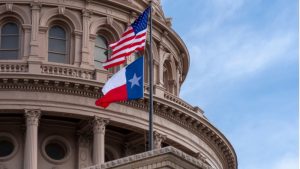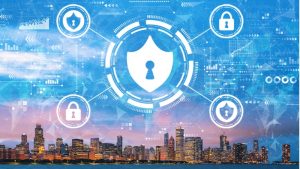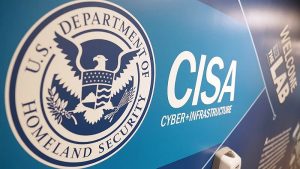Following an increase in fraud during the COVID-19 pandemic, state and local government (SLG) organizations are sharpening their focus on identity and access management (IAM) to fend off cybersecurity threats.
The Texas Department of Information Resources (DIR) has published its 2022 Biennial Performance Report that tracks state agencies’ technology progress in fiscal years 2021 and 2022, and set forth tech goals for the next five years.
The Government Accountability Office (GAO) said in a Nov. 16 report that Federal agencies need to up their ransomware assistance for state, local, Tribal, and territorial (SLTT) government organizations – including schools – by improving interagency collaboration, awareness, outreach, communication, and coordination with schools.
The United States K-12 sector saw a three percent increase in cybersecurity maturity from 2021 to 2022 with schools generally performing well in identity management and access control, awareness and training, and business environment.
New research from Lookout finds that mobile threats affecting Federal, state, and local governments are on the rise. Lookout, a provider of endpoint-to-cloud security, said that mobile phishing and device vulnerability risks within government agencies has increased since 2021.
A Cybersecurity Infrastructure and Security Agency (CISA) funded diversity program has expanded to 10 additional Historically Black Colleges and Universities (HBCU) after its initial launch last year, according to a Sept. 21 press release from CYBER.ORG.
As cyberattacks against state and local governments rise, the state of Maryland has hosted a statewide cybersecurity tabletop exercise. The exercise was hosted by the Maryland Department of Emergency Management (MDEM), in coordination with all cabinet-level agencies, and enabled critical partners to discuss plans, policies, and procedures in order to identify and address potential vulnerabilities or issues in preparation for a cybersecurity incident.
L.A. County Chief Information Security Officer (CISO) Jeffery Aguilar said his office is preparing for upcoming high-profile activities – like the World Cup in 2026 and the Olympics in 2028 – by maturing its cybersecurity and building prevention techniques rather than taking the usual detection-based approach.
During Cybersecurity Awareness Month, the Department of Education announced the 2022 recipients of the Presidential Cybersecurity Education Award.
In a recent survey from MeriTalk and Invicti, 91 percent of 100 state and local government IT decision-makers said their organization’s pace of cybersecurity improvements increased over the past year. They have good reasons for accelerating change.










